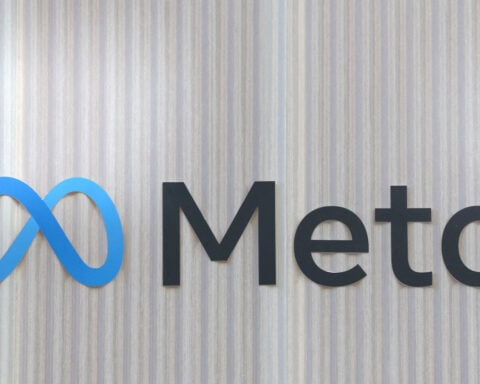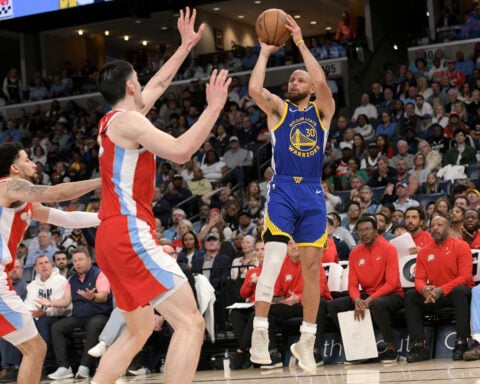There has been much talk in the hockey community about the National Hockey League's (NHL) potential for expansion beyond the existing roster of 32 clubs. Deputy Commissioner Bill Daly's optimistic remarks about professional hockey in Atlanta sparked renewed optimism in a city that had previously lost two NHL clubs to other cities. A proposed $1 billion development in Atlanta would include a facility suitable for a National Hockey League franchise. Reports suggest the project has received the necessary state clearances, putting Atlanta at the forefront of NHL expansion among cities lacking an appropriate venue.
The world of professional hockey is rife with anticipation and speculation about the NHL's next steps regarding expansion. When probed about the league's intentions, NHL Commissioner Gary Bettman kept his cards close to his chest. His statement, “We’re just getting expressions of interest,” offers a hint of the behind-the-scenes negotiations and evaluations currently in motion. Bettman's emphasis on the "substantial" nature of the expansion fee underscores the league's intent to ensure that any new franchise is both financially robust and dedicated to the sport's long-term success. This high-entry threshold is evident when considering the Seattle Kraken's recent induction.
The team's owners didn't just make a simple purchase; their investment of $650 million underscores a significant commitment to the league and its future. This financial benchmark set by the Kraken highlights the NHL's vision for a prosperous future, where teams are backed by strong financial frameworks and an unwavering dedication to the game's growth.
The Vegas Golden Knights, on the other hand, spent $500 million to enter the league in 2017. The cities of Houston, Salt Lake City, and Quebec City are also being discussed as potential new NHL expansion sites. If the NHL were to undergo such growth, it would become one of the five most prominent sports leagues in North America. Until Seattle was added to the NHL in 2017, the NFL was the premier football league. Meanwhile, the NBA and MLB, both of which now have 30 clubs, are thinking about growing in the near future.
The NHL's consideration for expansion comes at a time when the sport of hockey is gaining traction not just in North America, but globally. Historically rooted in colder regions, the sport's appeal has grown exponentially, reaching fans in climates and territories previously untouched by ice hockey's thrill. With Deputy Commissioner Bill Daly's positive remarks and cities like Atlanta and Houston showcasing their readiness, there's a palpable enthusiasm in the air. This potential expansion isn't just about adding teams; it's about embracing a larger, more diverse fan base, tapping into new markets, and showcasing the sport's adaptability and resilience.
As discussions progress, stakeholders, players, and fans alike eagerly await the next chapter in the NHL's storied legacy. The league's proactive approach to growth signals not just an adaptation to current sports trends, but a vision for a more interconnected and globalized hockey community.
.

 Trump has begun another trade war. Here's a timeline of how we got here
Trump has begun another trade war. Here's a timeline of how we got here
 Canada's leader laments lost friendship with US in town that sheltered stranded Americans after 9/11
Canada's leader laments lost friendship with US in town that sheltered stranded Americans after 9/11
 Chinese EV giant BYD's fourth-quarter profit leaps 73%
Chinese EV giant BYD's fourth-quarter profit leaps 73%
 You're an American in another land? Prepare to talk about the why and how of Trump 2.0
You're an American in another land? Prepare to talk about the why and how of Trump 2.0
 Chalk talk: Star power, top teams and No. 5 seeds headline the women's March Madness Sweet 16
Chalk talk: Star power, top teams and No. 5 seeds headline the women's March Madness Sweet 16
 Purdue returns to Sweet 16 with 76-62 win over McNeese in March Madness
Purdue returns to Sweet 16 with 76-62 win over McNeese in March Madness








